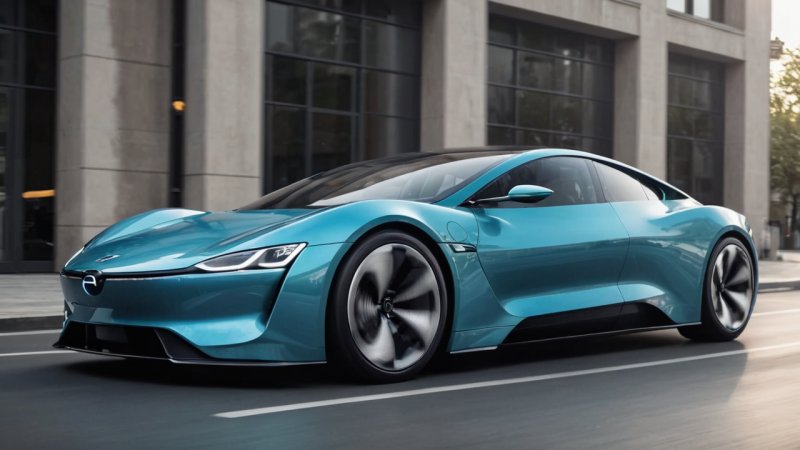The automotive industry is undergoing a dramatic transformation, with electric vehicles (EVs) leading the charge. As more consumers seek sustainable alternatives to traditional gasoline-powered cars, advancements in electric vehicle technology are becoming crucial in defining the future of transportation. From enhanced battery systems to cutting-edge charging solutions, these innovations are not only improving the performance of EVs but also making them more accessible and user-friendly for a broader audience.
One of the most significant advancements in electric vehicle technology is the development of solid-state batteries. Unlike traditional lithium-ion batteries, solid-state batteries utilize a solid electrolyte, which offers several advantages, including higher energy density, faster charging times, and improved safety. These batteries can potentially extend the driving range of electric vehicles significantly, addressing one of the primary concerns of potential EV buyers: range anxiety. Major automakers are investing heavily in this technology, with the hope of bringing solid-state batteries to market in the near future.
In addition to battery technology, the charging infrastructure is rapidly evolving to support the growing number of electric vehicles on the road. Fast charging stations are becoming more prevalent, with some networks offering ultra-fast chargers that can replenish an EV's battery to 80% in as little as 20 minutes. This convenience reduces downtime for drivers and makes long-distance travel more feasible. Moreover, advancements in wireless charging technology are also being explored, allowing for charging without the hassle of plugging in. This could revolutionize the way we think about charging our vehicles, potentially integrating charging pads into parking spaces or even roadways.
Software advancements are also playing a significant role in enhancing the electric vehicle experience. Many manufacturers are integrating advanced driver-assistance systems (ADAS) into their vehicles, making them safer and easier to drive. Features like adaptive cruise control, lane-keeping assist, and automated parking are becoming standard in many new EV models. Additionally, over-the-air (OTA) updates allow manufacturers to continuously improve vehicle performance and add new features long after the initial purchase, keeping the technology fresh and relevant.
The growing trend of vehicle-to-grid (V2G) technology is another exciting development. This technology allows electric vehicles to communicate with the power grid, enabling them to store excess energy when demand is low and supply it back to the grid during peak demand times. This not only helps stabilize the energy grid but also provides an additional income stream for EV owners, as they can potentially sell back energy to the grid.
In conclusion, the latest advancements in electric vehicle technology are shaping a new era of transportation that prioritizes sustainability, convenience, and safety. As solid-state batteries, improved charging solutions, advanced software, and V2G technology continue to evolve, electric vehicles are becoming a more practical choice for drivers everywhere. With these innovations, the future of driving is not just electric; it’s smarter, safer, and more efficient than ever before.
Driving the Future: EV Innovations
Explore the latest innovations in electric vehicle technology that are shaping the future of transportation.






